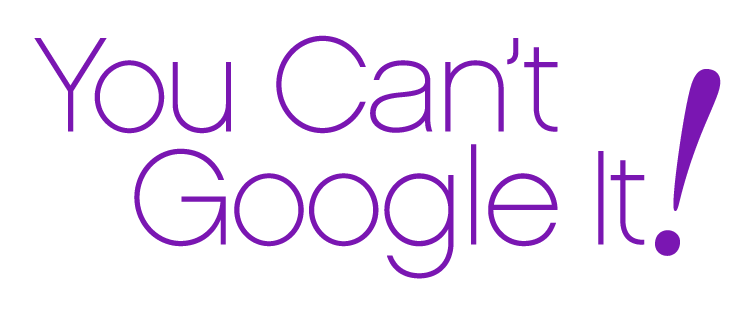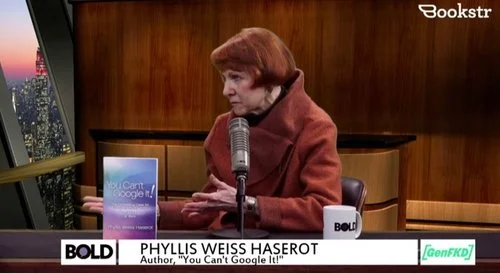Blast the Castes: Winning the DEI & Belonging Challenges [Part One]
/The last few years and going forward represent a crucible of drastic and dramatic change. One thing we have learned is that there is no going back to what used to be considered “normal.
The visionary and hopeful among us, and I count myself as one of those, like to reimagine a more human and people-centered, empathetic society and work world. Added to DEI is now a B: Diversity, Equity, Inclusion & Belonging. Inclusion is necessary, but not sufficient.
Including the “Nons”
For as long as I can remember, possibly from the time firms were organized, a law- firm caste system has existed. There has been a sharp division between Lawyers and Non-Lawyers. The “nons” exist in other professions and tech too. And the resentment has increasingly grown about this bias as more business professionals have been hired, and the staff functions have expanded. Some of the professional staff even have more education and degrees under their belts than the attorneys: CPAs, Engineers, etc. It is a bias, it doesn’t make much sense, and it’s harmful to an inclusive culture.
Now a serious movement to change the language and stigmas has been launched by some in the “revenue enabler” positions that are not lawyers and a recruiting and consulting firm, Calibrate, to eliminate the “non-lawyer” term regarding the business professionals in law firms. Calibrate ID, led by founder Jennifer Johnson, had 10 participating firms as of April 2021 and is bound to attract many more.
This is a movement toward respect and universal inclusion for all personnel, not just practicing lawyers. The purpose is to address all diversity issues on the staff side as well as attorney side. It should be adopted by all professions.
What if:
it became intentional and common to have the business professional staff participate on occasion as moderators, speakers in firm events – and even invite them to partnership meetings and retreats when appropriate?
both professionals and staff regularly met together (in-person or virtually) in ERGs (employee resource groups) and affinity groups, especially if not segregated by gender, race, or other diversity factors?
Breakdown the Caste Silos
Many professionals function in a professional-centric environment, e.g., where the “lawyer and ‘non-lawyer’” type mindset is prevalent. Diversity—socio-economic, ethnic, gender, cognitive, generational, organizational and cognitive—is more effective as well as more respectful and productive.
There are good reasons to take down the caste walls separating the professional functional experts and the functions they perform on the client teams. For example, lawyers need to treat co-workers and colleagues including business, technology, marketing/business development, HR, and other specialists as a fully respected team to advance and achieve client objectives. Lawyer training doesn’t foster this mindset, but that’s got to change. Other industries and professionals, including law competitors often have seamless teams comprised of talent from different business units, disciplines, geographies, generations, and others working inter-dependently.
The feeling of belonging is also a part of a wellness initiative.
Disconnects among attorneys and affiliated professionals as well as with staff based on generationally related differences prevalent in many legal workplaces often cause stress, misinterpretations of behaviors and attitudes that hinder optimal client service and retention. At the least, they are a distraction, and they impact the achievement of increased diversity, equity and inclusion. In turn, that impedes feelings of belonging – a factor increasingly cited as a compelling reason for people to leave an employer.
The factors cited above lead to the inevitable conclusion that busy professionals need to integrate cross-generational connection and cross-cultural engagement seamlessly into everyday behaviors and activities rather than siloing them as projects or tasks.
The probability of hybrid workplaces going forth presents continuing challenges and less chance for anticipated cross-generational relationship development. I will elaborate with suggestions for improvement next time, starting with avoiding second-class citizenship.
Call to Action: Start and continue serious discussions leading to changes in language and policies that provide deserved respect and recognition to all “revenue enablers” and vital contributors, even if not on the front lines.
© Phyllis Weiss Haserot 2021
Note: This article contains excerpts from Chapter 62 in the 2021 edition of The Rainmaking Machine by Phyllis Weiss Haserot (Thomson Reuters)


